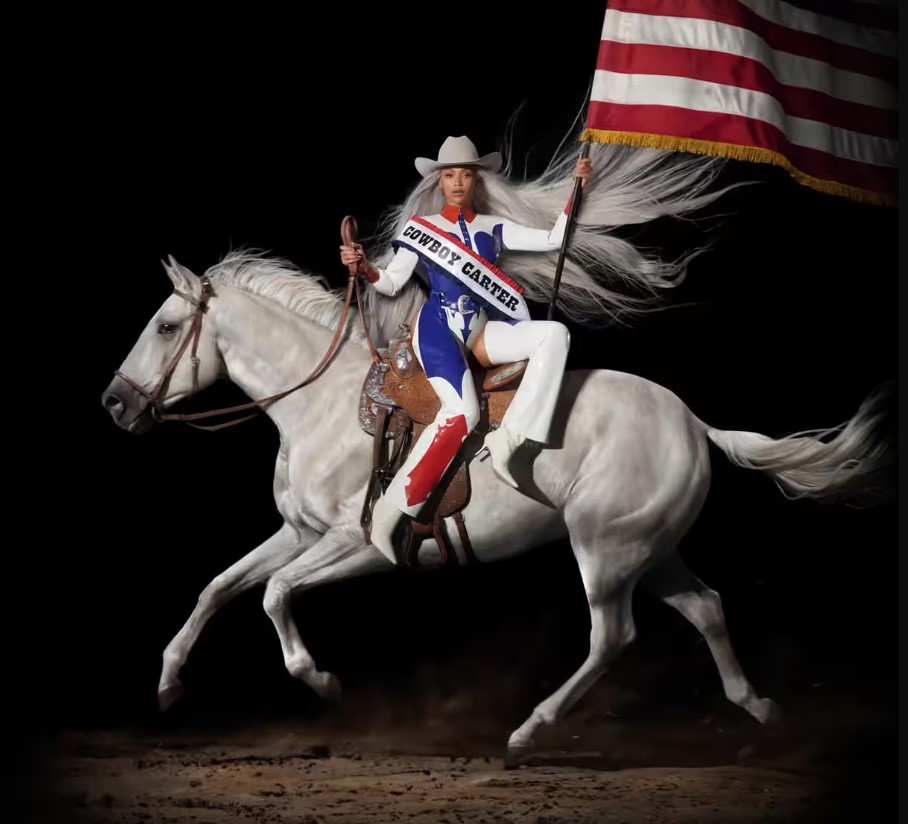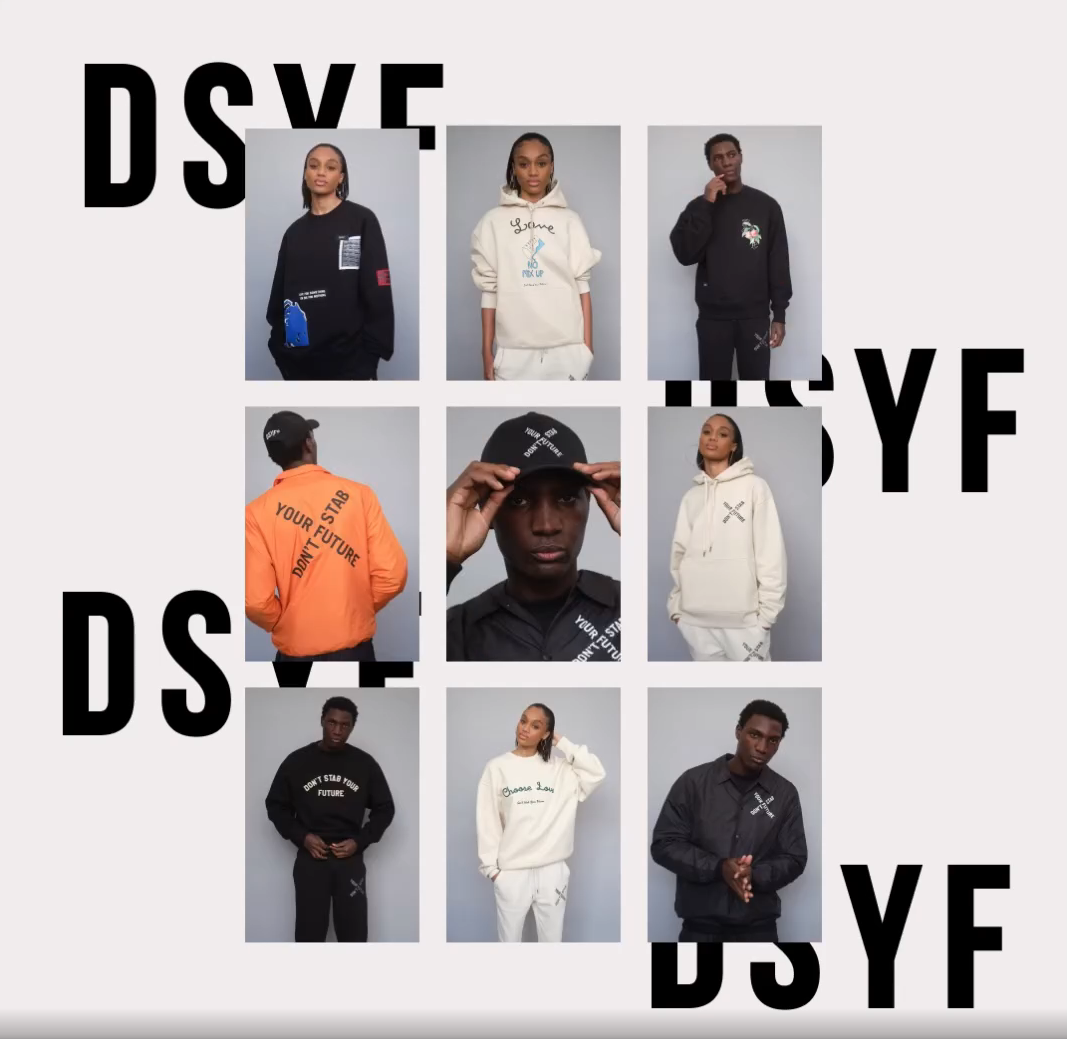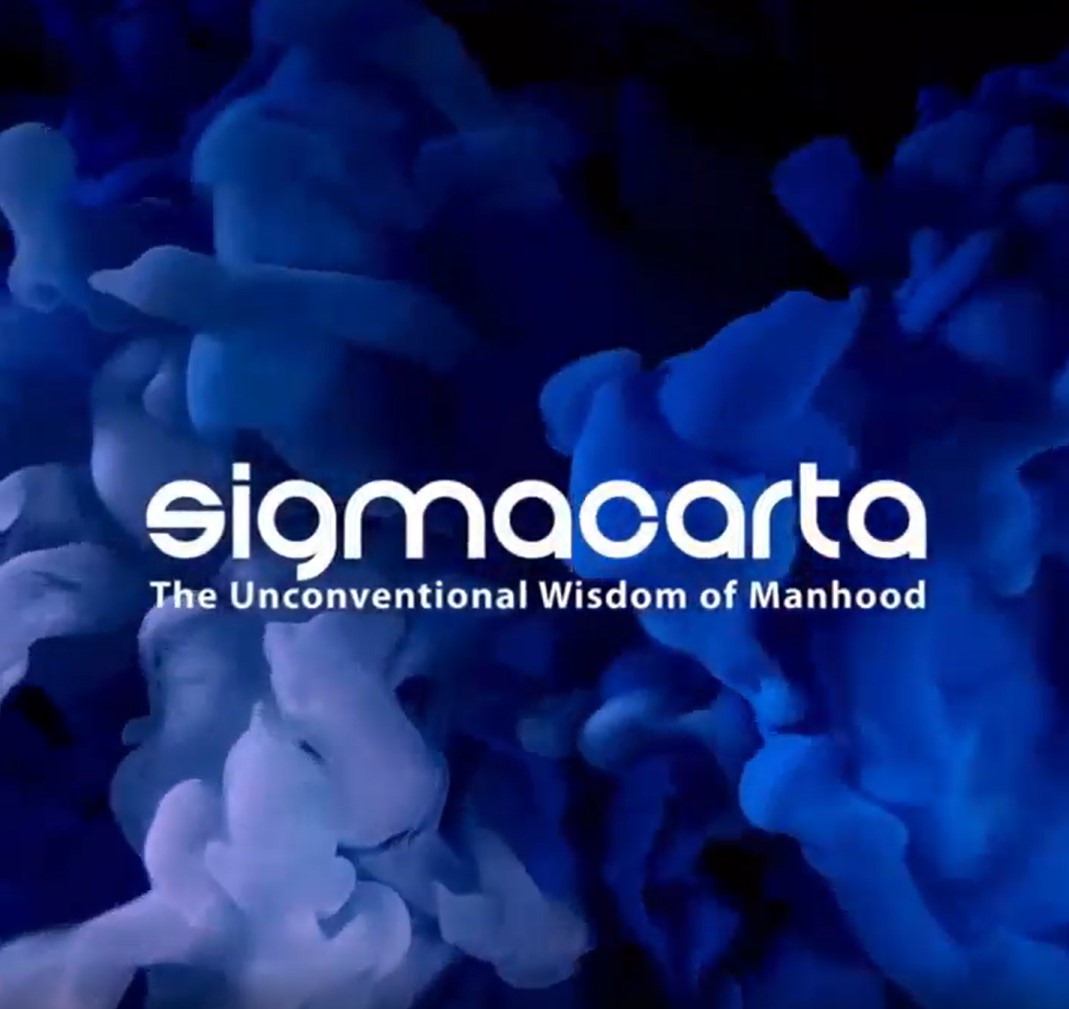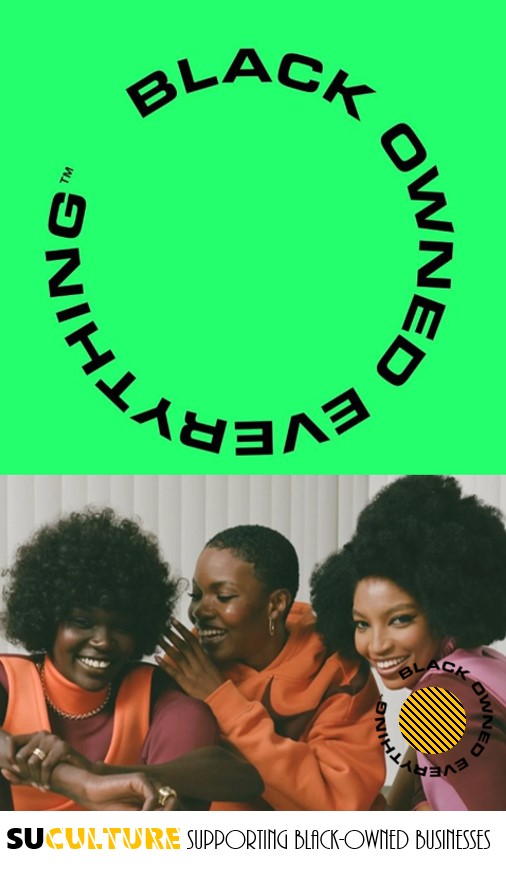-
AuthorPosts
-
-
Why Beyoncé’s
“Cowboy Carter” is
important:

On Friday, March 29th, Beyoncé released her eighth album, “Cowboy Carter,” – the second in a trilogy of albums following 2022’s Renaissance – garnering extensive critical acclaim.
Nevertheless, Nashville reacted with indifference. Despite accumulating millions of streams that propelled it to the peak of Billboard’s country chart, “Cowboy Carter” received only modest airplay on country radio, a reception largely anticipated by Beyoncé.
For someone whose birthplace is Texas, Beyoncé naturally considers country music inherent to her cultural heritage. However, in her recent Instagram post, she writes that her latest album was inspired by a past experience of feeling unwelcome within the genre’s community.
One notable highlight from the country music-influenced album, was a rich rendition of The Beatles‘ timeless classic “Blackbird,” presented with lush harmonies and intricate layering, and stylized on the new album as “Blackbiird“.
The song’s striking opening not only transitions seamlessly with The Beatles’ enduring melody, but draws strong inspiration from a significant time in the history of the United States: involving the experience of a group of nine young African American students, known as the Little Rock Nine, who faced racism upon their enrollment in an all-white high school in Arkansas in 1957. While not explicitly enunciated, the implicit parallels between the struggle of these young Black students, and the history of segregation within country music are unmistakably obvious.
While to the casual ear “Blackbiird” might be interpreted as a song about a small-winged bird visiting a garden, its true essence is deeply rooted in the civil rights movement with themes of female empowerment; themes that hold particular significance for Beyoncé.
Beyoncé’s rendition of “Blackbiird“, carries an intense resonance, offering a spiritual and meaningful interpretation of the Black experience in the United States, Europe and elsewhere.
Had Beyoncé desired to produce mainstream country music, she could have easily enlisted the expertise of seasoned, and traditional Nashville producers. However, Cowboy Carter had a different purpose, prompting Beyoncé to assemble her own unique team of collaborators, including producers renowned for their work in other musical fields. According to Beyoncé “This ain’t a Country album. This is a Beyoncé album,” while introducing Cowboy Carter on Instagram.
The politics of her latest songs are unmistakable, putting established categories under the microscope, and boldly questioning stereotypes, while prompting reflections on the hidden Black origins of country music, and historical connections with the blues.
The Importance of Protest Songs And How They Impact Change:
Throughout history, music have been galvanized as an important resource for resisting authoritarian ideologies and regimes; and music, art and literature continue to serve as platforms for social change and political expression.
Frequently, artists have harnessed their creative talents to convey messages to a broader audience, aiming not only to amplify an egregious issue, but also to induce debate and shape cultural norms.
From Jimi Hendrix, to Martin Luther King Jr’s “freedom songs”, popular music, such as, Bob Dylan’s – The Times They Are A-Changin’ (1964); Bob Marley’s – Get Up Stand Up (1973); Public Enemy’s – Fight The power! (1989) have formed key components of rights movements, altering public opinion – spanning from global concerns to topics such as police brutality and politics.
Through the power of poignant lyrics, musicians have articulated and humanized complex social issues, shedding light on systemic injustices, holding those in power accountable, and giving voice to the voiceless. Protest songs amplify the concerns of oppressed groups and challenge the prevailing narratives perpetuated by the mainstream media and political establishments.
By narrating personal stories of struggle and resilience, protest songs create emotional connections that transcend cultural, racial, and socioeconomic divides. In doing so, they compel listeners to confront uncomfortable truths and confront their own biases, ultimately fostering greater understanding and solidarity.
Importantly, protest songs have the capacity to reach a wide audience through various mediums, including radio, streaming platforms, and social media. In an age of digital activism, music serves as a potent tool for spreading awareness, mobilizing supporters, and organizing protests on a global scale. The viral spread of protest songs across online platforms amplifies their impact, reaching audiences far beyond the confines of physical space and time.
Inspiring Lasting Change:
While protest songs may serve as catalysts for immediate social and political change, their impact often extends far beyond the moment of their creation.
These songs become part of the cultural fabric, inspiring future generations of activists and influencing the discourse around pressing issues. The timeless appeal of protest songs lies in their ability to capture the essence of collective struggles and speak to universal aspirations for justice, equality, and freedom.
Beyoncé’s “Cowboy Carter” stands as a remarkable tribute to the diverse array of regional and musical subcultures within the American South, exhibiting a more intuitive and fearless side to Beyoncé’s artistry.
Notably, the album prominently features Black American country artists such as Brittney Spencer, Tanner Adell, Tiera Kennedy, and Reyna Roberts – providing them recognition in an industry that has historical excluded non-white and female artists.
By introducing Cowboy Carter and its historical significance to her extensive and predominantly young audience, Beyoncé has provided this timeless masterpiece and an introduction to a culture that is steeped in the civil rights movement and female emancipation.
#COWBOYCARTER
-
@SUCULTURE Beyoncé’s Cowboy Carter is a jaw-dropping ode to Black music, and a recognition of country artists such Linda Martell, Charley Pride and, more recently, Mickey Guyton, Darius Rucker, and Kane Brown, who have been historical excluded from the genre.
Its great @Beyoncé is using her album and platform to shine a light on a part of history, and country music pioneers that many people may not know, including entitling one of the tracks as “The Linda Martell Show,” – a tribute of course to Linda Martell.
Amazing album!
-
The album is a powerful and ambitious artistic venture shaped in the singular mould of Beyoncé. She asserts her rightful place in the genre, harnessing her unparalleled talent as the only pop star of her incredible influence can.
Levi’s also altered its name on Instagram to “Levii’s” by appending an additional “i” to correspond with the title of the song.
Cultural revolution, right there!!!
-
Black artists and performers have a long-standing history of leveraging their creativity to influence culture, trends and provide education – including “Rock n Roll’, R&B, Country Music, Hip Hop e.t.c
The origins of Black involvement in country music can be traced back to the banjo, which has its roots in West Africa. The contemporary banjo is descended from instruments like the Kora or Akonting, which were crafted from gourds and date back over 700 years, showcasing a rich history of string instruments.
“Cowboy Carter” confronts the racist origins and factual inaccuracies within country music. During the early 1800-1900s, Black individuals were the pioneers of country music, fusing together elements of blues, gospel, and folk music.
Afro, African American, and Black American are among the various “umbrella” terms commonly used to describe individuals of Black/African descent in the United States.
Over generations, this demographic of Americans have evolved, balanced and integrated their diverse historical customs, dialects, and ancestral spiritual influences. They have also embraced new elements and influences, contributing to the formation of their unique and vibrant national culture. This cultural identity arguably began to solidify and experienced innovative growth after the Great Migration.
Existence of modern and ancient influences of Black/African music in country music, rock n’ roll and Blues can be traced to Muddy Waters; Chuck Berry; Rosetta Tharpe; Tinariwen; Jimmy Hendrix; Chester Arthur Burnett; Big Mama Thornton; Lesley Riddle, influencing artists like Elvis Presley, Mick Jagger; Keith Richards; Alvin Pleasant Delaney Carter; Ezra J. Carter e.t.c.
-
-
AuthorPosts
You must be logged in to reply to this topic.









